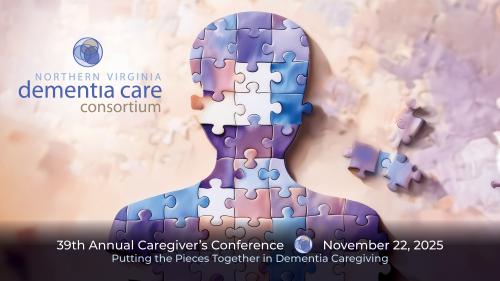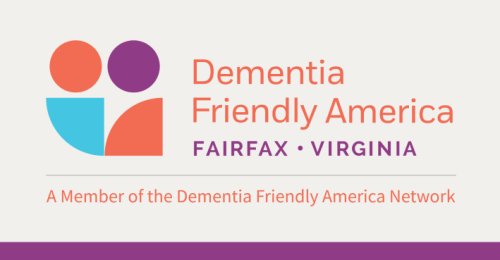
Every November, the nation celebrates and recognizes the vital role of family caregivers during National Family Caregivers Month. A family caregiver is a person who provides care and assistance to a member of their family of origin or their family of choice, and it includes neighbors and friends.
One in every four adults is a caregiver and 29% are sandwich generation caregivers, supporting both children and adults. The caregiving journey can be rewarding and enriching. However, many caregivers also experience emotional, physical, and financial strain and one in five report poor health and half report a negative financial impact due to caregiving. (Caregiving in the U.S. 2025 - AARP Research Report)
Family caregivers are the primary source of support for older adults and people with disabilities in the United States. They provide compassionate essential care which allows their loved ones to age with dignity in their communities. Caregivers deserve to be supported, valued, and appreciated for the important care they provide each day.


 In honor of family caregivers, the Fairfax County Department of Family Services recognizes their critical role as care partners. The department renews its commitment to providing useful services for caregivers during a time of life that can be complicated and stressful, but very fulfilling.
In honor of family caregivers, the Fairfax County Department of Family Services recognizes their critical role as care partners. The department renews its commitment to providing useful services for caregivers during a time of life that can be complicated and stressful, but very fulfilling.  39th Annual Caregiver's Conference: Putting the Pieces Together in Dementia Caregiving
39th Annual Caregiver's Conference: Putting the Pieces Together in Dementia Caregiving Caregiver Burnout
Caregiver Burnout  Dementia Friendly Fairfax envisions our community as a place where people living with dementia and their care partners will be able to engage in a variety of activities, be supported in the highest quality of life, and can live independently for as long as possible. Dementia Friendly Fairfax initiative started through a partnership with Goodwin House, Insight Memory Care Center, Fairfax Area Commission on Aging, and Fairfax Area Agency on Aging.
Dementia Friendly Fairfax envisions our community as a place where people living with dementia and their care partners will be able to engage in a variety of activities, be supported in the highest quality of life, and can live independently for as long as possible. Dementia Friendly Fairfax initiative started through a partnership with Goodwin House, Insight Memory Care Center, Fairfax Area Commission on Aging, and Fairfax Area Agency on Aging.  Fairfax Caregiver Alert Notifications Program
Fairfax Caregiver Alert Notifications Program